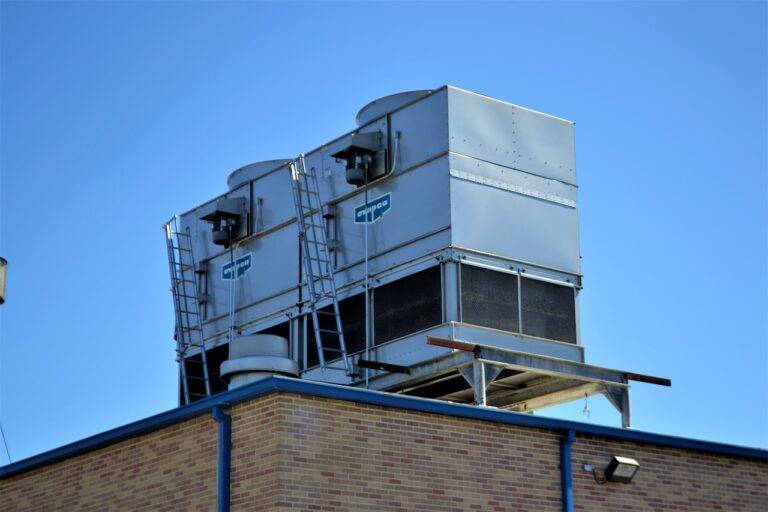Exploring the Benefits of Modular Construction for Facility Expansion: Betbook250 com login, 11xplay reddy login, Yolo247
betbook250 com login, 11xplay reddy login, yolo247: Modular construction has been gaining popularity in recent years as a cost-effective and efficient way to expand facilities. This method involves constructing individual modules off-site in a controlled environment before assembling them on-site. This approach offers a range of benefits for facility expansion projects, making it an attractive option for businesses looking to grow their operations quickly and seamlessly.
1. Faster Construction Time:
One of the most significant advantages of modular construction is the reduction in construction time. Since modules are built in a factory setting concurrently with site preparation, projects can be completed up to 50% faster than traditional construction methods. This quick turnaround time allows businesses to expand their facilities without disrupting daily operations or experiencing prolonged construction periods.
2. Cost-Effective:
Modular construction is often more cost-effective than traditional building methods. The assembly line manufacturing process used in modular construction reduces material waste and labor costs, resulting in overall savings for the project. Additionally, the controlled environment of the factory setting ensures that construction schedules are adhered to, reducing the risk of budget overruns.
3. Quality Control:
Building modules in a factory setting allows for rigorous quality control measures to be implemented throughout the construction process. Each module is inspected and tested before being transported to the site, ensuring that all components meet high standards of quality and safety. This can result in a more durable and long-lasting facility compared to traditional construction methods.
4. Flexibility and Scalability:
Modular construction offers unparalleled flexibility and scalability for facility expansion projects. Businesses can easily add or remove modules to adjust the size and layout of their facilities according to changing needs. This adaptability allows organizations to plan for future growth and expansion without the need for extensive renovations or rebuilding.
5. Sustainable Building Practices:
Modular construction is inherently more sustainable than traditional building methods. The controlled factory environment minimizes waste and reduces environmental impact, making it a greener option for facility expansion projects. Additionally, the ability to disassemble and reuse modules in different configurations or locations further enhances the sustainability of modular construction.
6. Minimal Disruption:
Because modular construction involves assembling pre-built modules on-site, there is minimal disruption to daily operations during the expansion process. Businesses can continue to operate smoothly while construction takes place, minimizing downtime and avoiding disruptions to productivity.
In conclusion, modular construction offers a range of benefits for facility expansion projects, including faster construction times, cost savings, quality control, flexibility, sustainability, and minimal disruption to daily operations. With these advantages, modular construction is an excellent option for businesses looking to expand their facilities efficiently and effectively.
FAQs:
1. Is modular construction suitable for all types of facilities?
Modular construction can be adapted for a wide range of facilities, including office buildings, schools, healthcare facilities, and industrial buildings. However, the suitability of modular construction may vary depending on the specific requirements of the project.
2. How long does it take to complete a modular construction project?
The construction timeline for modular projects can vary depending on the size and complexity of the facility. However, modular construction projects are typically completed faster than traditional construction methods due to the concurrent manufacturing and site preparation processes.
3. Are modular buildings less durable than traditionally constructed buildings?
No, modular buildings are known for their durability and quality. The manufacturing process in a controlled factory setting ensures that all components meet high standards of construction and safety, resulting in a durable and long-lasting facility.
4. Can modular buildings be customized to suit specific design requirements?
Yes, modular buildings can be customized to meet specific design requirements, including layout, finishes, and architectural features. Many modular construction companies offer a range of customization options to ensure that the final facility meets the client’s needs and aesthetic preferences.







